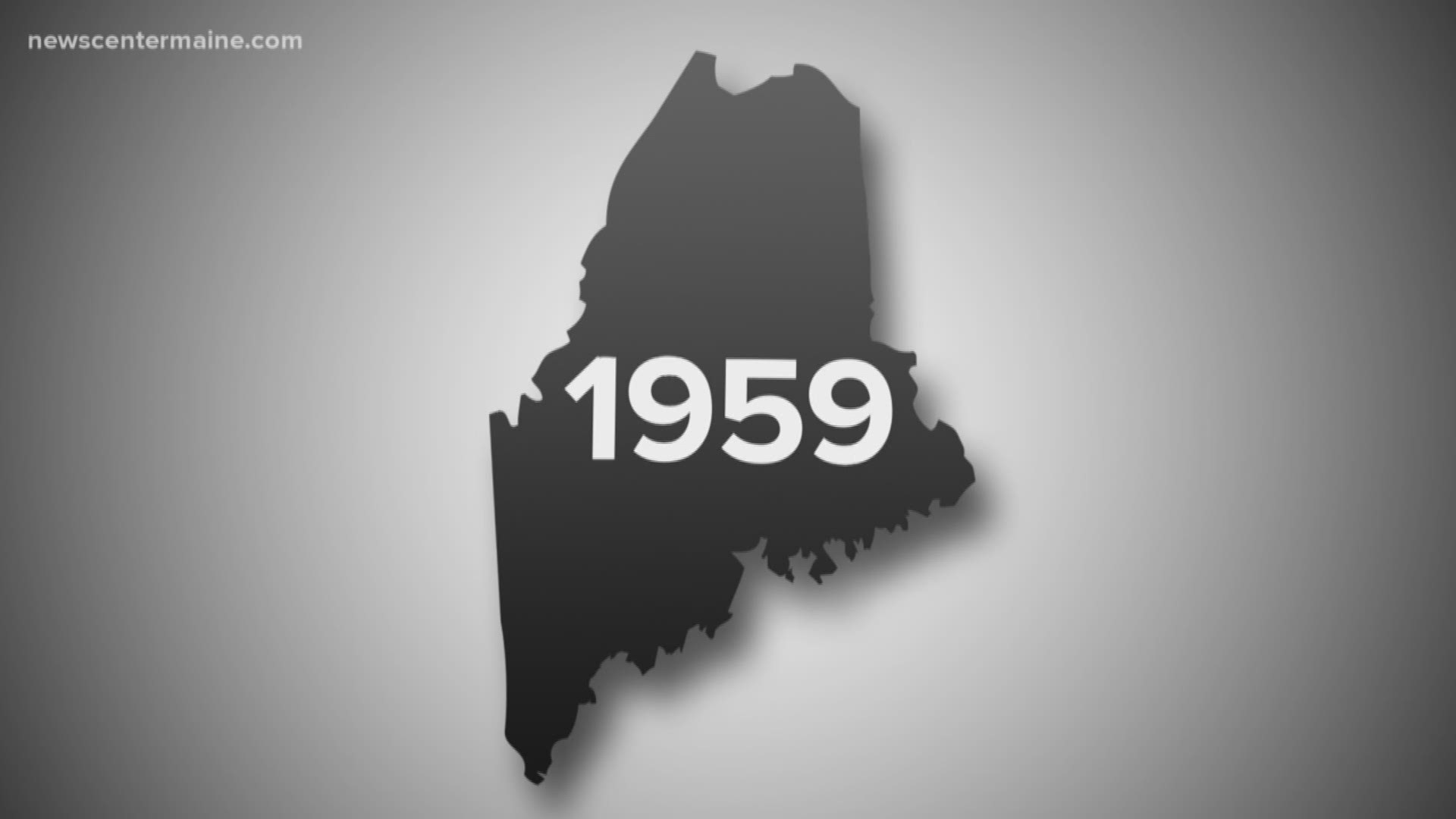(NEWS CENTER Maine) — Come January, Gov.Paul LePage (R-Maine) would like to hand over the keys to the Blaine House to his fellow Republican Shawn Moody. On Tuesday, Nov. 6, Maine voters will decide whether that will happen.
But history is not on LePage's side.
Every governor would like to see someone from his own party succeed him, to continue the direction he has set. But in Maine, it hasn't happened in 60 years.The last time was in 1959, when Clinton Clauson was elected to succeed fellow Democrat Edmund Muskie.
Clauson died just a year into his term, and then-Senate president John Reed, a Republican, stepped up to fill out Clauson's term, and then won re-election in his own right. Reed became Maine's first governor to serve a four-year term.
In 1967, Democrat Ken Curtis took office, followed in 1975 by independent Jim Longley, who campaigned on a promise to serve just one term and did so.
Look at the remarkable pattern since then:
- Democrat Ken Curtis 1967
- Independent Longley 1975
- Democrat Joseph Brennan in 1979,
- Republican John McKernan in 1987,
- Independent Angus King in 1995,
- Democrat John Baldacci in 2003,
- Republican Paul LePage in 2011.
Every governor over six decades succeeded by someone from another party.
Is it just coincidence?
NEWS CENTER political analysts Phil Harriman and John Richardson don't think so.
Richardson, a former Democratic Speaker of the Maine House, says "I think people like divided government because it's somebody watching the other side."
Former Republican state senator Harriman agrees. "Clearly the track record shows that Maine people through generations want divided government.
Our analysts also agree that should Shawn Moody (R) be elected to succeed Gov. LePage, it would give the new administration a chance to hit the ground running. But it is also worth noting that LePage has already had his department heads submit budget proposals so that whoever becomes Maine's next governor has something to start with.
There is a curious footnote to all of this.
While it's true that a Democrat was elected to succeed Ed Muskie in 1959, Muskie resigned early to get a little jump on his term as a newly elected U-S Senator. So then-Senate president Robert Haskell became acting governor for the five days between Muskie stepping down and Clauson taking his oath. That made 1959 "The Year of Four Governors" in Maine: Muskie, Haskell, Clauson and Reed.
So, in a sense, you could argue that the last real party-to-party transfer of power was in 1953, between Republicans Frederick Payne and Burton Cross. But we won't.

